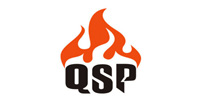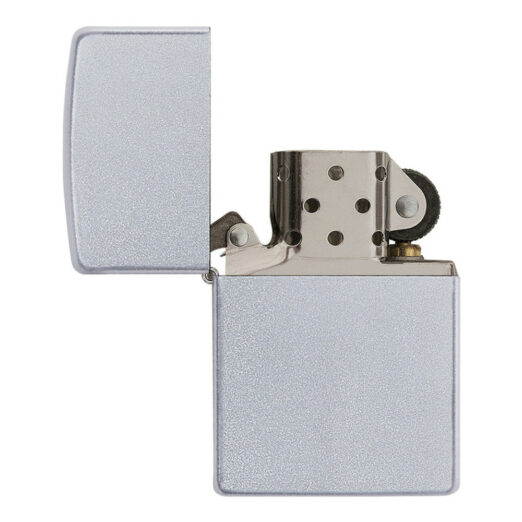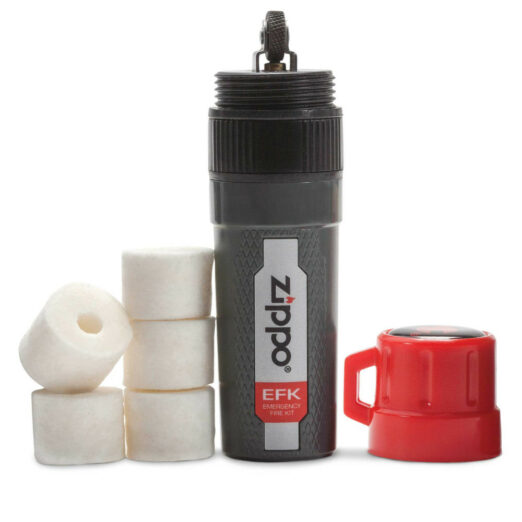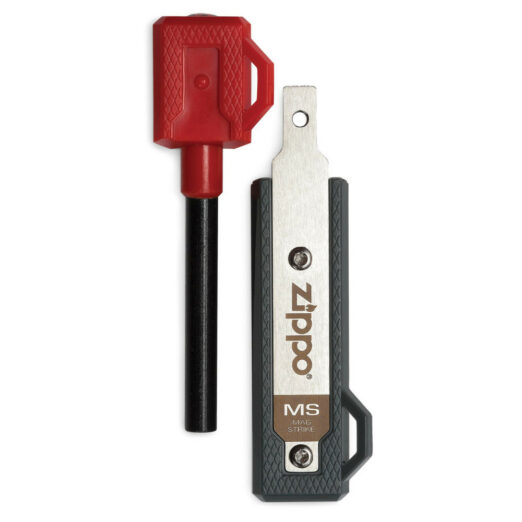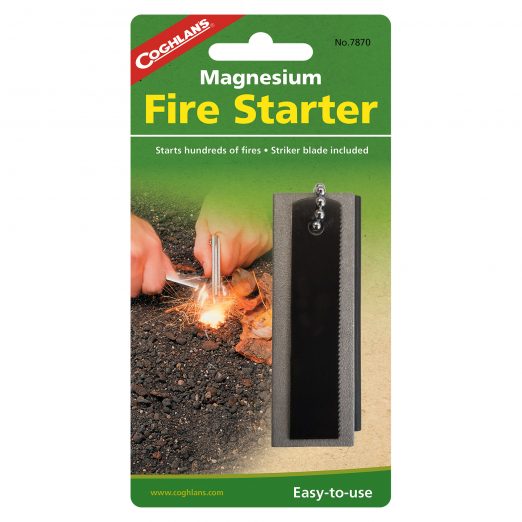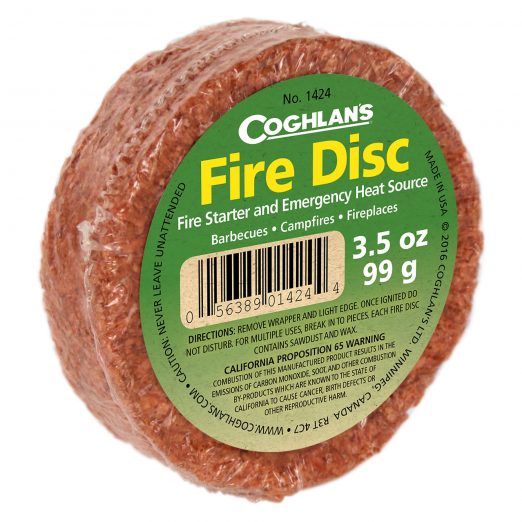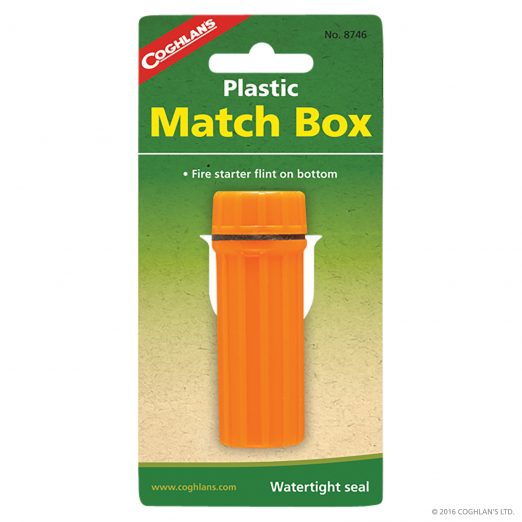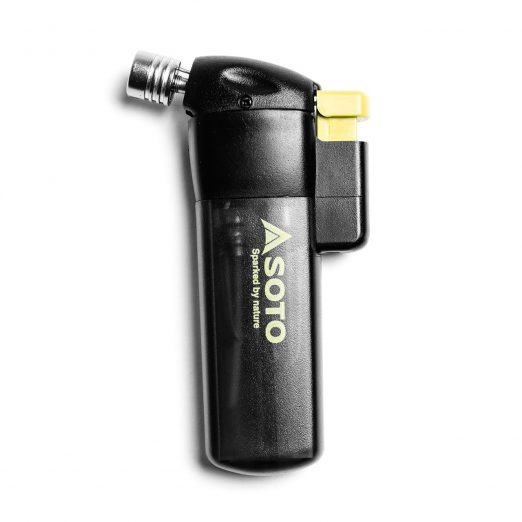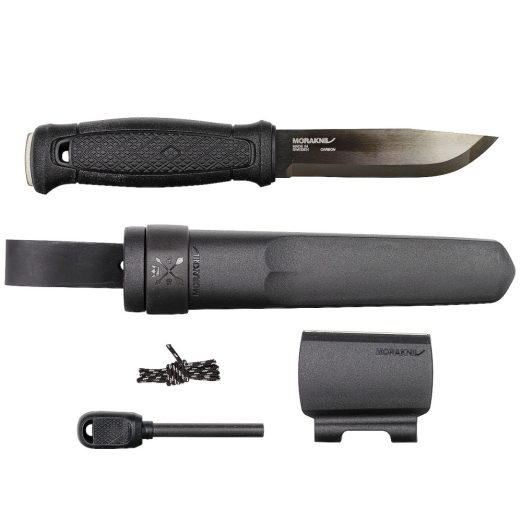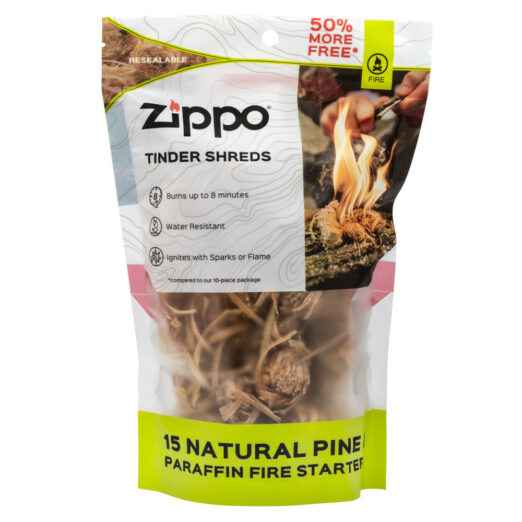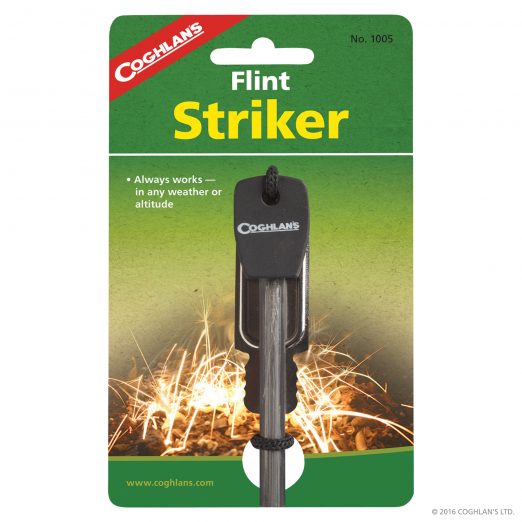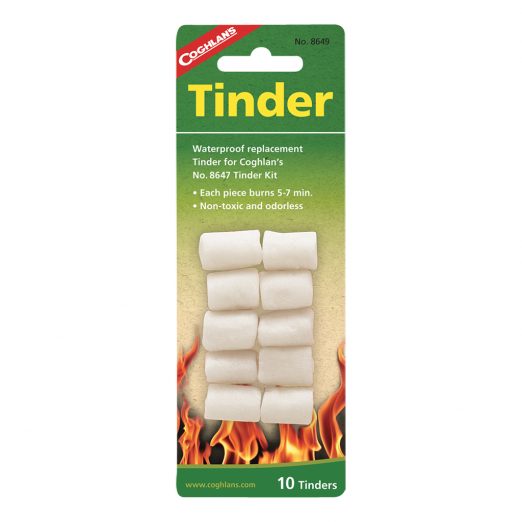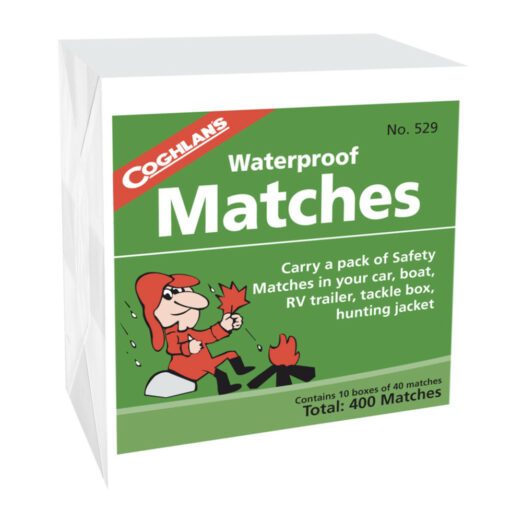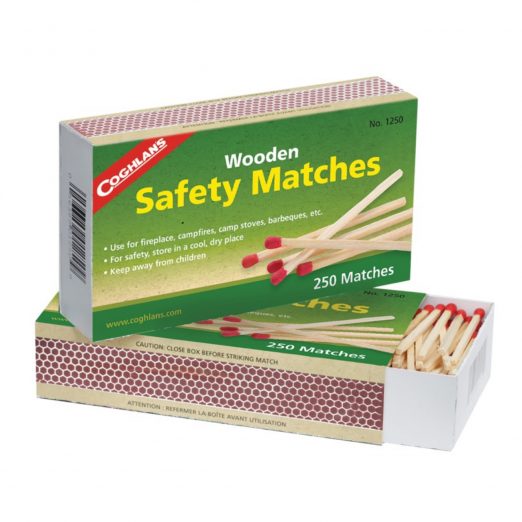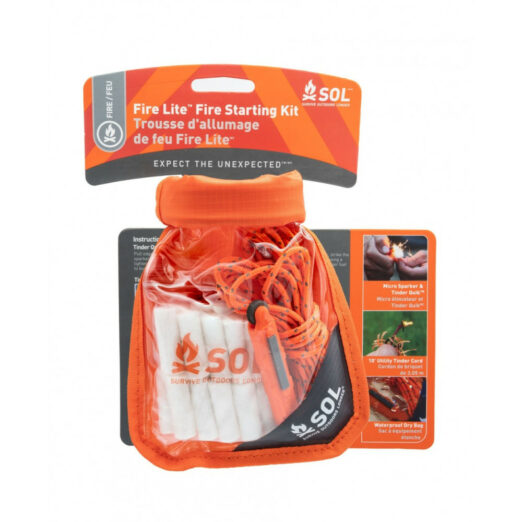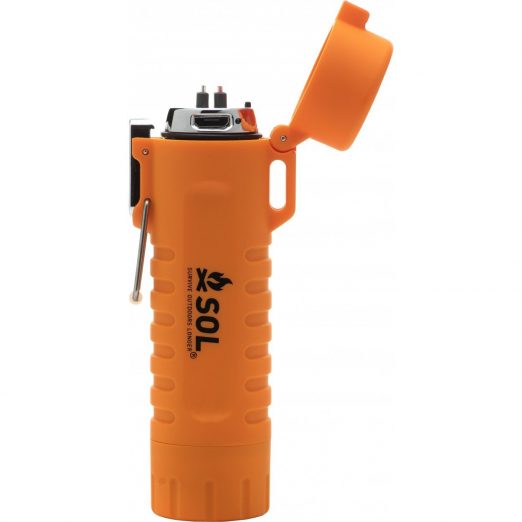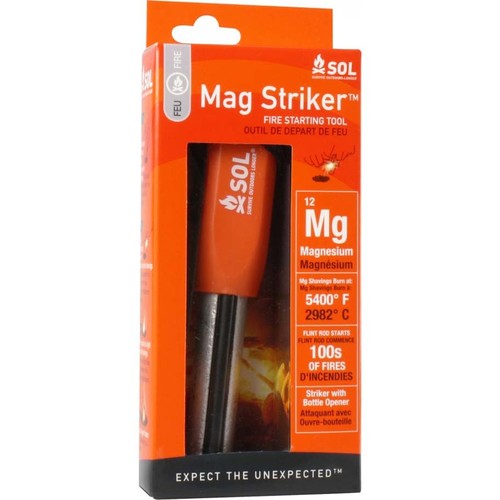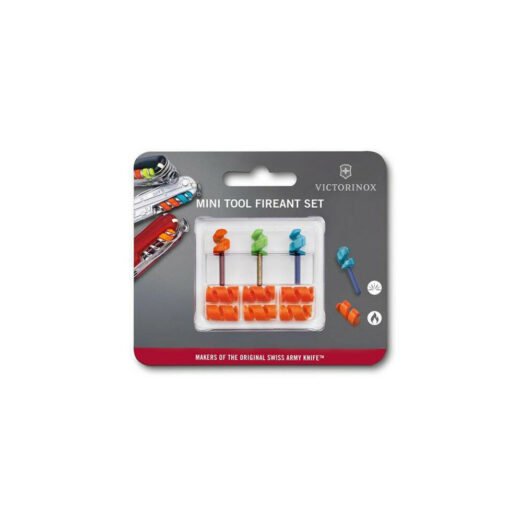Why are Zippo renowned for their lighters?
Zippo is renowned for their lighters for several reasons. Firstly, Zippo lighters are known for their durability and longevity. They are built to last a lifetime and can be easily repaired if damaged. This commitment to quality has earned them a loyal following.
Another reason for their popularity is their windproof design. Zippo lighters are able to stay lit even in harsh weather conditions, making them reliable and practical for outdoor activities.
Additionally, Zippo lighters have become an iconic symbol of American culture. Their timeless design and reliability have made them a sought-after collectible item.
Overall, Zippo’s reputation for quality craftsmanship, windproof design, and cultural significance have contributed to their renown in the world of lighters.
What are tinder shreds used for?
Tinder shreds are used as a fire-starting material. They are designed to ignite quickly and burn strongly, making them essential for starting a fire in various outdoor activities such as camping, hiking, and survival situations. Tinder shreds are typically made from natural materials and often come in a resealable package for convenient storage and reuse. Their water-resistant properties make them reliable even in damp conditions. By placing a spark or flame on the tinder shreds, they can easily catch fire, providing a consistent source of heat to ignite larger fuel sources such as kindling and logs.
What is a flint striker?
A flint striker, also known as a flint and steel, is a traditional fire-starting tool. It consists of a piece of flint or other hard rock that is struck against a piece of steel or iron to produce sparks. The sparks created by the friction between the flint and steel can ignite tinder or other flammable materials, starting a fire. Flint strikers have been used for centuries as a reliable method of fire starting, especially in outdoor and survival situations. They are compact, durable, and do not rely on external fuel sources, making them a popular choice among outdoor enthusiasts and bushcraft practitioners.
What is a magnesium fire starter?
A magnesium fire starter, also known as a magnesium fire rod or magnesium fire striker, is a compact and lightweight tool used for starting fires in outdoor and survival situations. It consists of a rod or block of magnesium and a ferrocerium (ferro) rod or striker.
To use a magnesium fire starter, you shave off small pieces or shreds of magnesium from the rod onto your tinder or kindling. Magnesium is highly flammable and burns at an extremely high temperature, making it an effective fire-starting material. Once you have a pile of magnesium shavings on your tinder, you strike the ferro rod or striker against the magnesium rod. The sparks generated by the friction ignite the magnesium shavings, creating a hot and intense flame that can quickly ignite your fire.
Magnesium fire starters are favored by outdoor enthusiasts, campers, hikers, and survivalists due to their portability, reliability, and ability to start fires even in wet or adverse conditions. They are a valuable addition to any emergency or survival kit.
What are waterproof matches?
Waterproof matches, also known as stormproof matches or windproof matches, are specially designed matches that can ignite and remain lit even in wet or adverse conditions. These matches are typically made with extra protection to prevent water from extinguishing the flame.
Waterproof matches usually have a waterproof coating on the matchstick itself, which prevents water from seeping into the match head and extinguishing the flame. Some varieties may also feature a longer matchstick or an extended handle, allowing for easier ignition and safer handling.
These matches are commonly used by outdoor enthusiasts, campers, hikers, and survivalists who need a reliable fire-starting method in challenging environments, such as during rain, snow, or high winds. They are an essential tool for emergency preparedness kits and can be invaluable in situations where starting a fire is crucial for warmth, cooking, or signaling for help.








